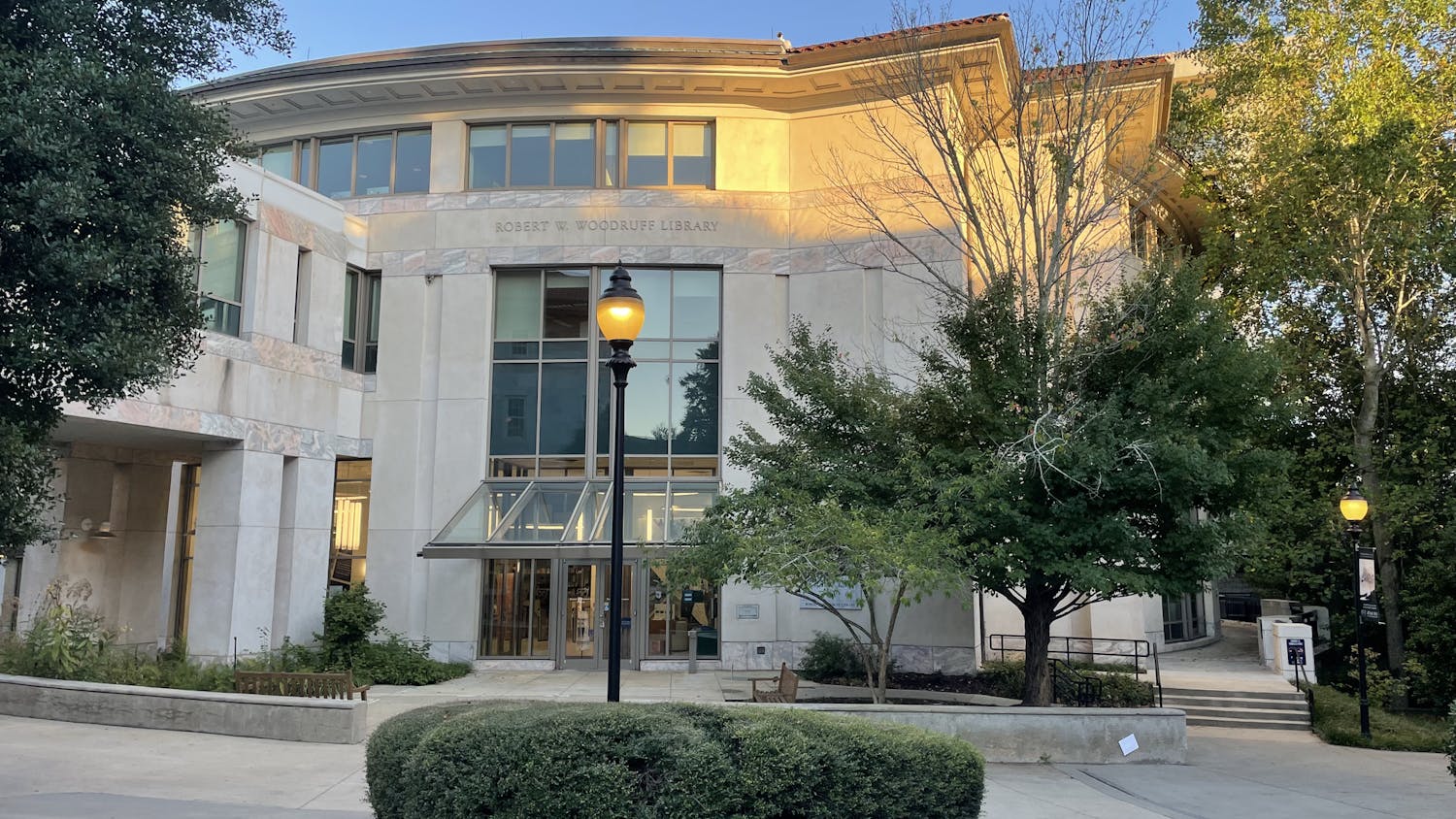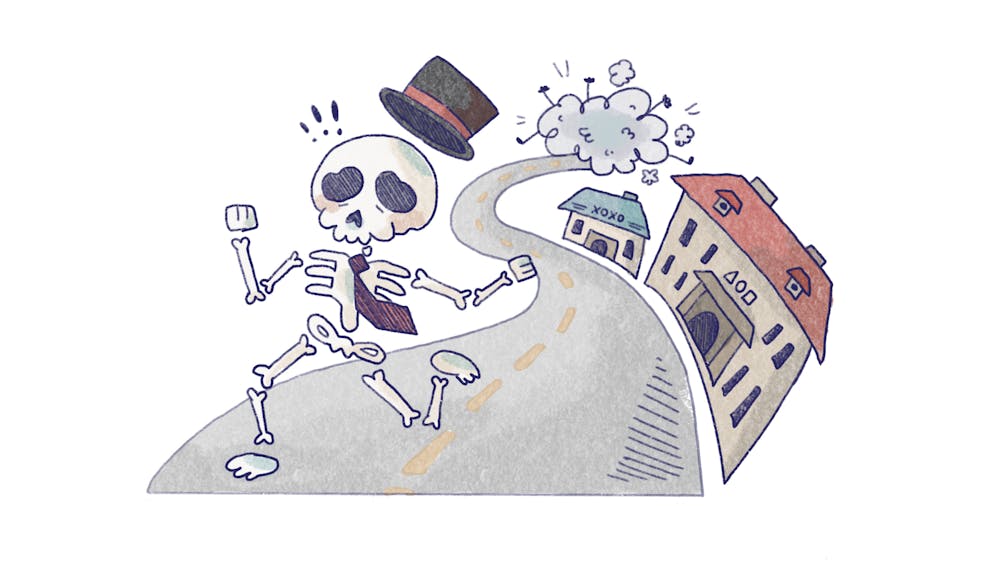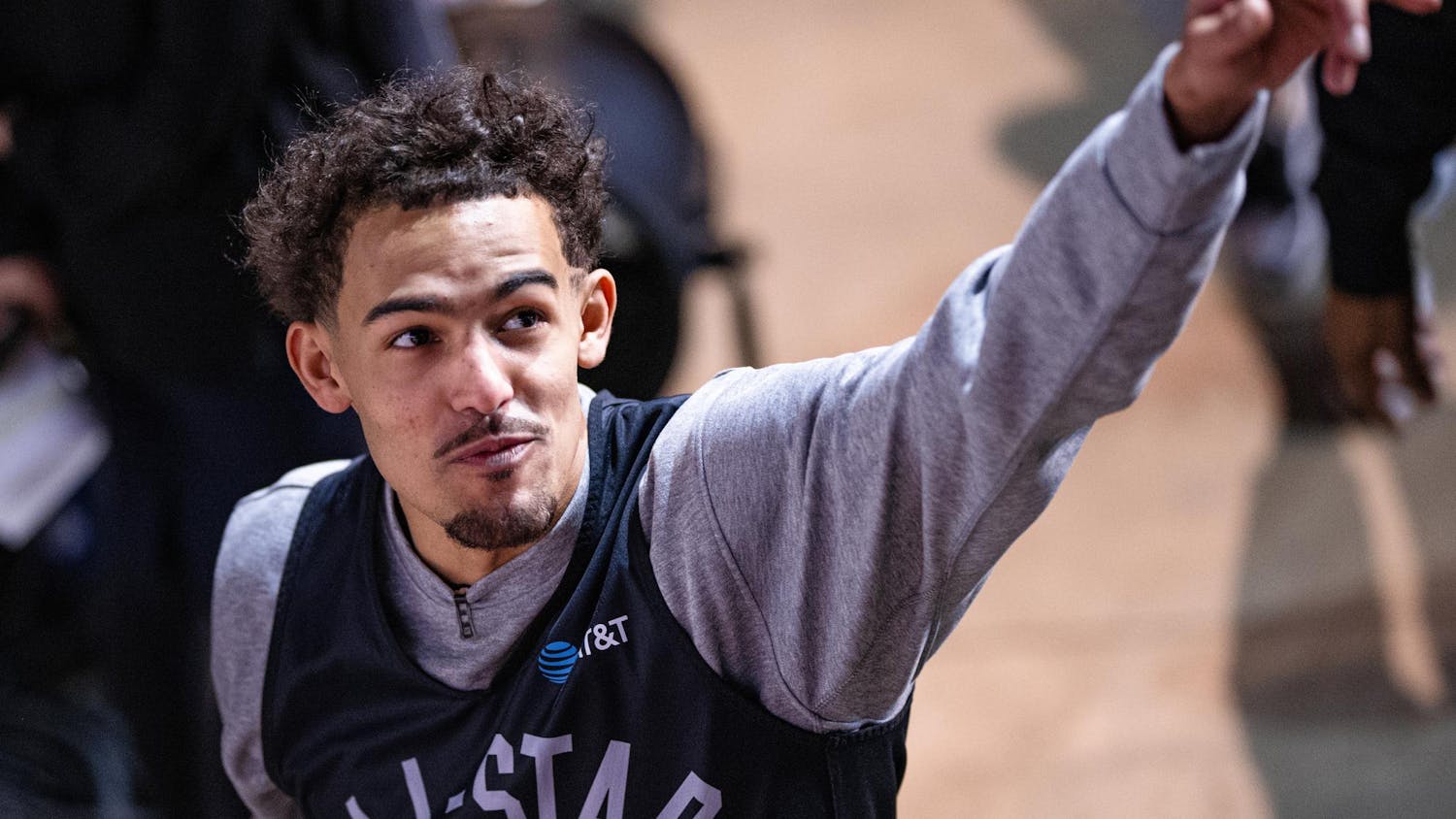Coming into college as a QuestBridge Scholar, I carried more than just suitcases — I carried the weight of expectation, hope and the quiet pressure of being the first. I was first in my family to navigate spaces where few others have backgrounds like mine. I was also first to be given the chance to advocate for not only people like myself but also other communities of students whose voices often go unheard. Two things exacerbated these pressures: I had a series of spinal procedures in the year prior to starting college and had only recently moved to the United States for that same medical reason.
As I began my freshman year, I was full of fear and anxiety. My inner voice told me that college was no longer an option, that the changes in my physical abilities meant a career in healthcare would be a leap and that I was so far behind everyone else my age due to my gap year.
Four years later, I feel unbelievably, unfathomably grateful and fortunate to have seen many of my dreams come true. And, Emory University played the biggest role. For the lessons learned and doors opened, for the communities I would not have found elsewhere and for all of the ways in which I still want to grow — I could not be more grateful to have been here.
As president of the 69th College Council, I learned that leadership is not always about holding the microphone — it is about passing it. Whether it was introducing very small legislative initiatives like puppy therapy at Wonderful Wednesday to ease stress during midterms or “Meet the Deans” to bridge the gap between administrators and students, every decision we made was rooted in care and delivered by fantastic colleagues from whom I have learned an unbelievable amount.
As a council, we learned how real change starts with real conversations. These efforts to connect with students transcended far beyond our chartering and funding processes for over 300 clubs. We realized the potential of College Council as a vehicle for change, as a means to fight ignorance and injustice with education and scholarship — all ideals of a true liberal arts college. When activism was met with censorship, we released swift statements in support of our students. And, when faith in leadership was at an all-time low, we listened to our constituents and passed a resolution of no confidence in University President Gregory Fenves — the first to come out of student government at Emory. My one hope is that College Council continues to stand staunchly with our student body in the face of growing external pressures on students and universities to do anything but.
We, as a council, realized the need to stand alongside students and how this is the only clear choice we can make as a legislative body. Personally, I have come to believe that silence in the face of injustice truly is complicity. I am proud to have supported peaceful demonstrations and pushed for spaces where students could grieve, speak and organize safely. The work was not just about showing up at the protests — it was about recognizing university actions that go against our ideals and pushing academic leniency resolutions so students would not have to choose between advocacy and their academic standing. I hope that Emory’s student government continues to spring into action, advocate for reasonable academic leniency and create other avenues of support should such circumstances recur.
This journey has been beautifully messy, meaningful and often exhausting. But, it has also been one of the most profound honors of my life, and I would do it one thousand times again. I am beyond grateful to have been trusted by my peers and allowed to grow into the kind of leader who does not always have the answers but is willing to ask the right questions.
It is through my experiences at Emory that I realized my passion for advocacy and governmental affairs. Looking ahead, this will be an integral part of any career I choose, especially since it is medicine. To my fellow peers in the pre-health and STEM communities, I hope that recent events such as the attacks on public health have led you to the conclusion that science deserves a seat at the policymaking table, if not at the head of it.
To underclassmen, I apologize about how oversimplified this might sound — but things really can work out. Keep the big picture in mind. No matter how impossible things may seem, your determination and dedication will shine through and get you to the places you need. If you told me in 2019 when health issues left me unable to walk that I would somehow make it to this wonderful institution despite my imperfect academic journey, the gap year and every possible uncertainty, I would be in disbelief. Your persistence will pay off, and you may soon find yourself writing a much better senior reflection for The Emory Wheel.
Jannat Khan is from Karachi, Pakistan, and moved to Chicago five years ago. She majored in neuroscience and behavioral biology and minored in ethics. At Emory, Khan served as the 69th College Council president, founder of Disability Rights, Education, and Mentoring Chapter and sang as part of the North Indian Music Ensemble. After graduation, Khan plans on gaining more experience in the policymaking realm before going to medical school.

![IMG_0064[31].jpeg](https://snworksceo.imgix.net/whl/bd1509fc-0fff-41c3-8a17-14169776d877.sized-1000x1000.jpg?w=1000)








